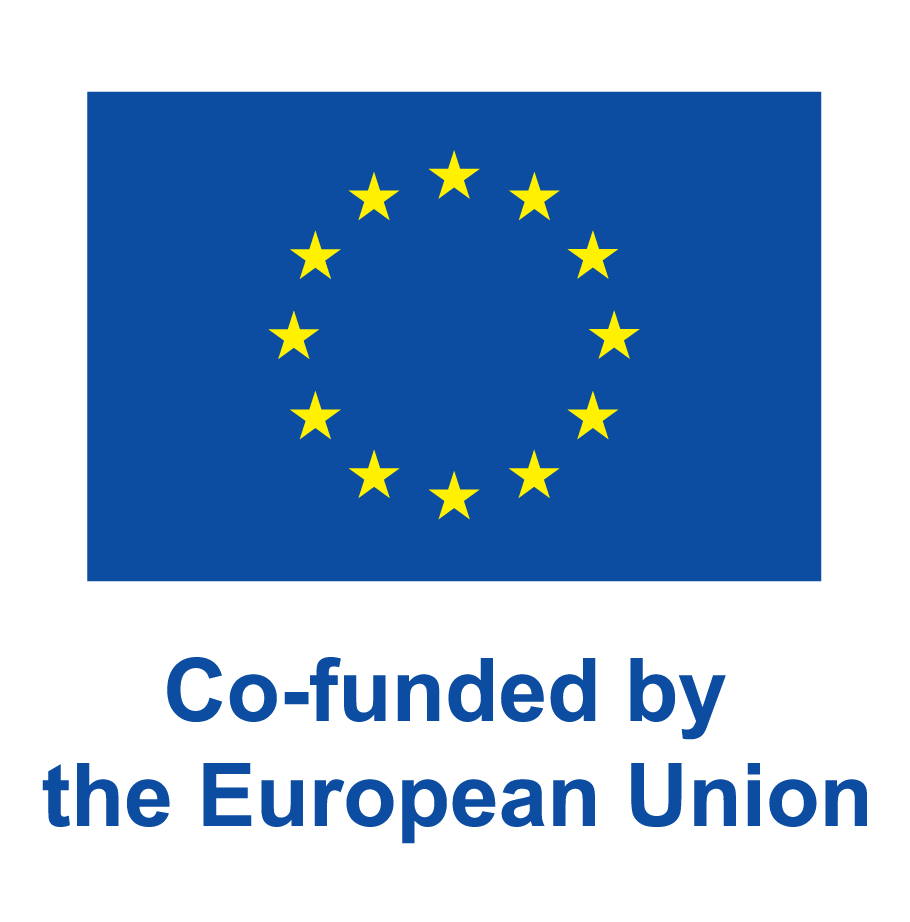

Findex II – Kick-off Meeting in Brussels
The kick off meeting of the new joint EEEI/EuroExpert project Findex II on the 19th of April 2022 was a success in every way.
Welcome by the Institut des Réviseurs d’Entreprise
The meeting was hosted by the Institut des Réviseurs d’Entreprises and opened by their Vice president Fernand Maillard who gave an interesting speech on the work of the Institute.
Project presentation
Soon after, the more than 50 participants, both live and via video, were skilfully led through the objectives of the project and the important task for which the partners see themselves. Key representatives of the project such as Beatrice Deshayes, Bernhard Floter and Jean-Raymond Lemaire of both the leading partners EEEI and EuroExpert gave insight into the work that is to be done.
The focus is working towards comparable lists of experts throughout Europe with basic common notions on quality of experts and a common nomenclature of the different types of expertise. The countries that we will work with (Belgium, France, Italy, Luxembourg, Poland, and Romania) were introduced.
Lists of experts in Europe
Most European countries have a publicly available list of experts, but the requirements vary. This is what emerges from the output of the study “Find an Expert I” led by the European Expertise and Expert Institute (EEEI), which was presented by Mr. Bernhard Floter. The study, which examined the various European standards in the field of judicial expertise, highlights that 22 European countries have lists of experts and the majority of these lists are publicly available. Experts are generally registered by regional courts or by the Ministry of Justice, either for an indefinite period or for a period ranging from 1 to 6 years. While there is some discrepancy on the minimum experience required as an expert outside the judicial sector (12 countries have no criteria and the others requires 3 to more than 5 years) and on the continuing education required in order to remain on the list, all European countries agree on the following criteria:
the expert must have an academic or professional background, he must have practical experience before registration, he must have a clean criminal record.
These interesting results will serve as a basis of reflection for the continuation of the project aiming, at the European level, at a common understanding of the notion of expertise, at the convergence of nomenclatures as well as at the realisation of a computerised expert search tool.
Presentations

Co-funded by the European Union. Views and opinions expressed are however those of the author(s) only and do not necessarily reflect those of the European Union. Neither the European Union nor the granting authority can be held responsible for them.
